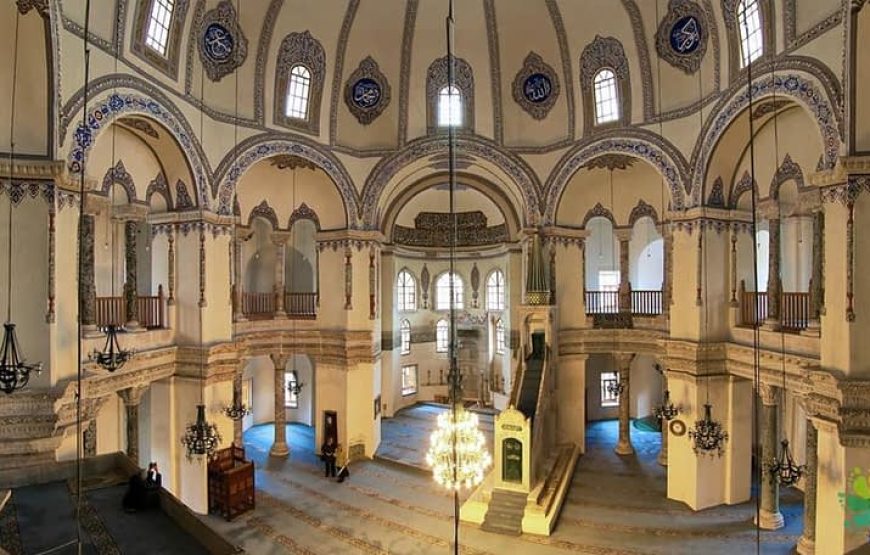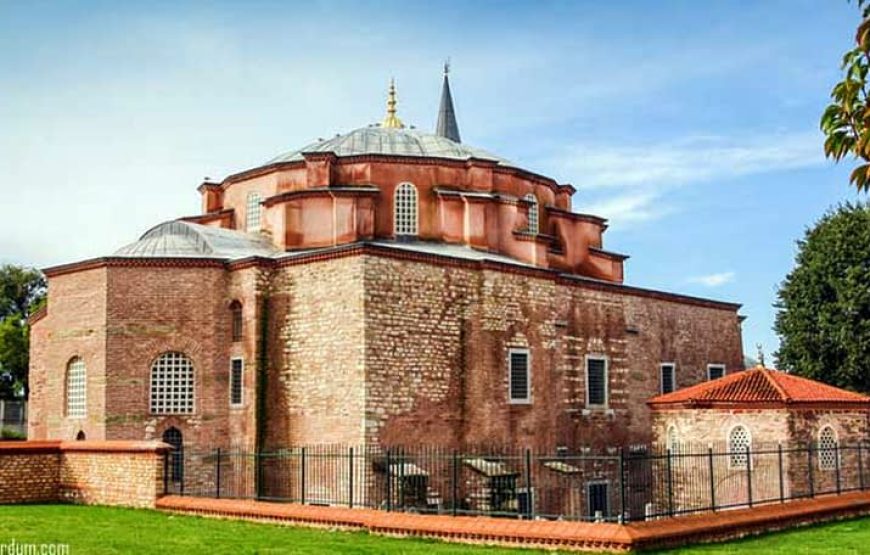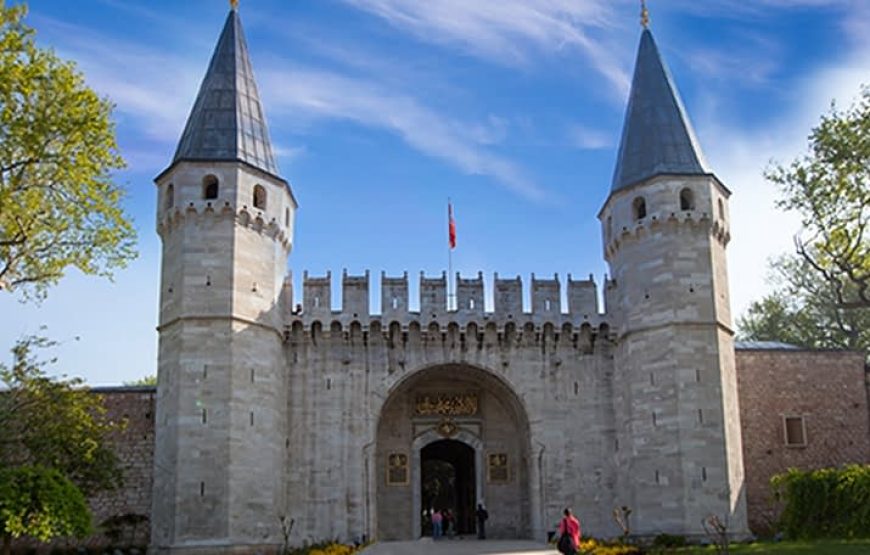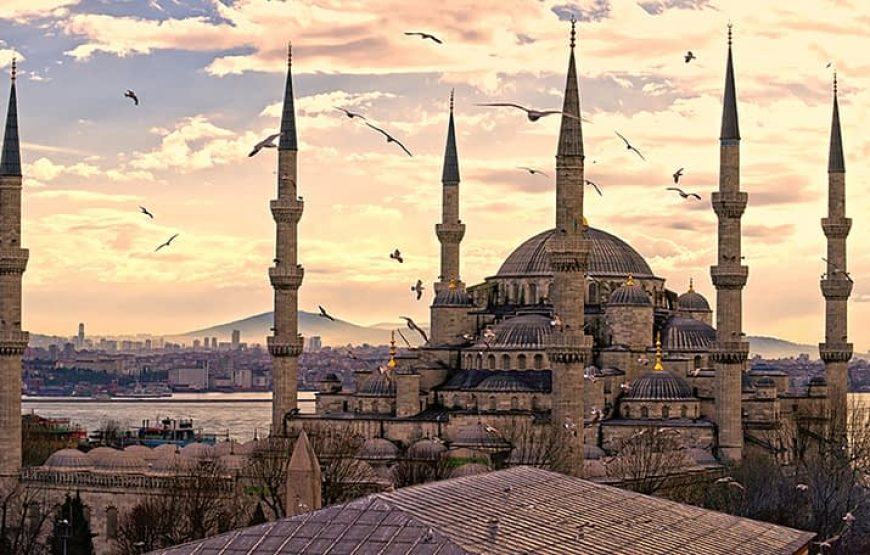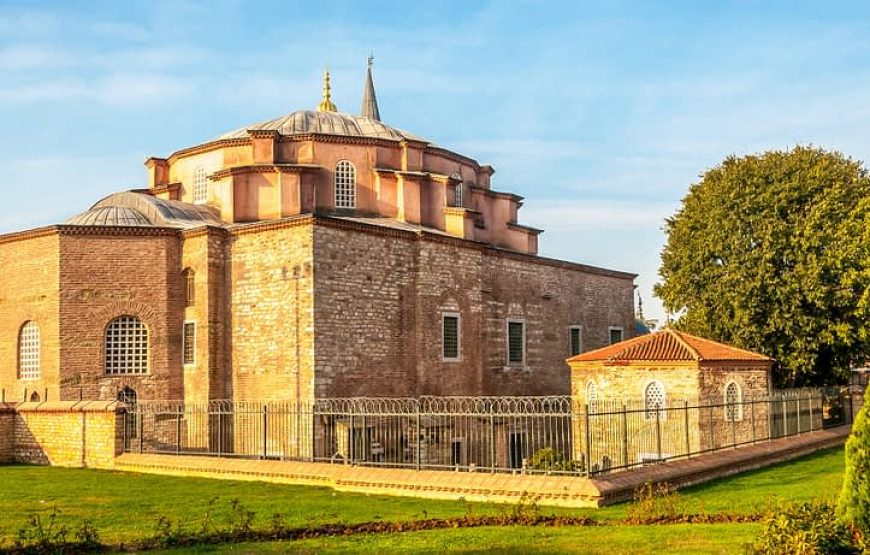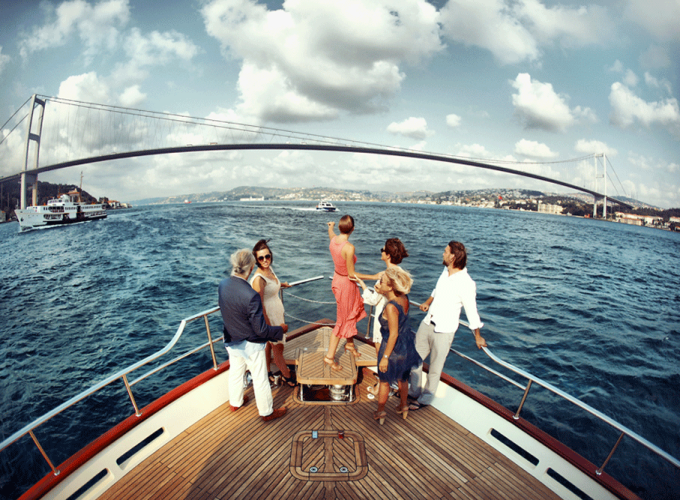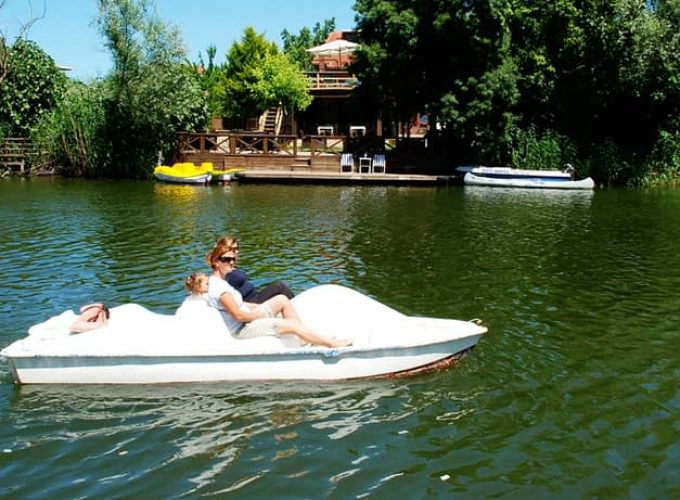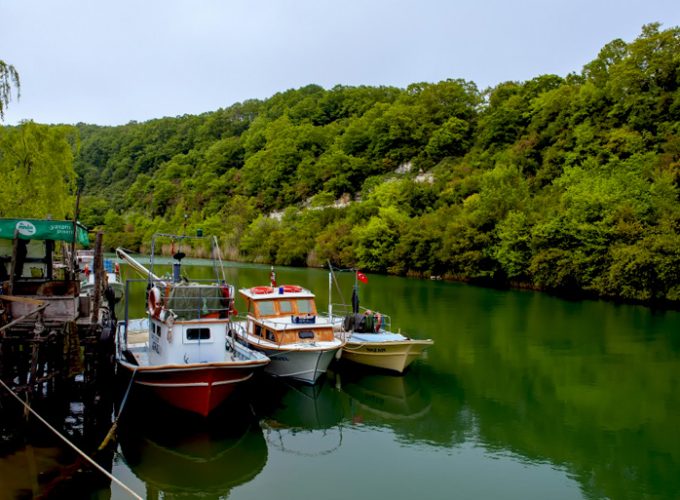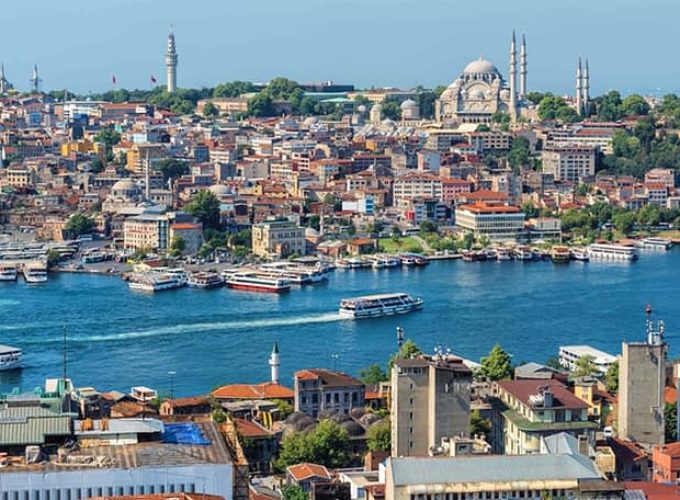Istanbul, a fascinating city built on two Continents, divided by the Bosphorus. This is one of the greatest cities in the world where you can see a modern western city combined with a traditional eastern city, it’s a melting pot of many civilizations and different people. Istanbul was also announced by the European Union as the 2010 European Capital of Culture.
From the foundation of Byzantium in the 7th century BC until today, Istanbul held always an important role in the history of humanity in this part of the world. Everybody wanted to gain control of this area because of its strategic location; Empires were born here on the ashes of previous ones.
Since the Republic in 1923, Istanbul continued to grow and today it boosted its population over 14 million people living in this spread out city. This makes Istanbul the crowded city of Turkey and one of the biggest Metropol in the world.
Many of Istanbul’s historical gems, mostly consisting of Byzantine and Ottoman-built monuments are within the Old City. Most are located a short walk away from, if not immediately on the edges of, Sultanahmet Square. Some other sights are dispersed throughout the peninsula.
Most museums in Istanbul are closed on Mondays, so checking the website first or ringing is a sensible option before setting off
St. Sophia : This ancient basilica, built by Constantine the Great, in the 4th century and reconstructed by Justinian in the 6th century, is one of the architectural marvels of all time.
Sultanahmet : Imperial MosqueAcross from St. Sophia built in the 17th century by the architect Mehmet, this is known as the Blue Mosque because of its magnificent interior decoration of blue Iznik tiles.
Hippodrome : The scene of ancient chariot races, the ancient Hippodrome, with its four monuments; the German Fountain of Wilhelm II, the Obelisk of Theodosius, the bronze Serpentine Column and the Column of Constantine.
Grand Bazaar (Covered Market) : In this labyrinth of streets and passages are more than 4,000 shops with each trade having its own area; the goldsmiths’ street, the carpet sellers, Turkish arts and crafts, such as hand painted ceramic plates, hand-honed copperware, brassware and trays, water ewers, onyxware and meerschaum pipers.
Including’s
• Hotel pick up & drop off by air-conditioned non-smoking tour coaches
• Lunch
• Entrance fees
• Professional licensed tour guide
• Service charges & local taxes
Closed: St. Sophia on Monday / Replaced with Underground Cistern Grand Covered Bazaar on Sunday Closed: Topkapı palace on Tuesday / Replaced with Underground Cistern.

